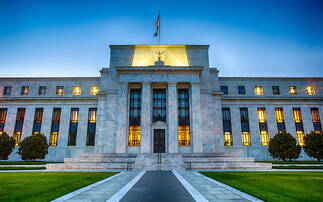Shares in Snap, the owners of social media app Snapchat, fell 12% to $23.77 during trading on the New York Stock Exchange (NYSE) on Monday, after analysts said the company was overpriced.
David Older, head of equities at Carmignac, agreed once you scratch below the surface of the figures, there are some promising signs for the future of the company.
Snap recorded single digit growth for the first time in eight quarters in Q4 2016, and Older suggested the tech firm has yet to fully promote the business outside of the US, and has huge potential to grow their advertising revenues into billions from the current total of $400m.
He said: "Snap are yet to monetise outside of the US and UK. In their most mature market there is more developed demand for this type of advertising, which they have not got in the rest of the world.
"It is clear there is a massive upside to their advertising revenue, there is a very clear path to several billion in advertising revenues.
"Most people will say they should go beyond Twitter's level of monetisation. This advertising ramp from its current total of $400m to around $5bn by 2020 is plausible if they can reach Twitter's level of monetisation."
Meanwhile, Ali Unwin, manager of the Neptune Global Technology fund, hoped the Snap IPO would encourage more companies to go public however said US President, Donald Trump's policies would instead cause more mergers and acquisitions.
The 'new' tech stories set to boost the sectors growth
He said: "We are hopeful that a successful Snap IPO could bring more companies to market, but we are not as optimistic as some given the potential for a US cash repatriation deal.
"This is because US tech has more cash stuck offshore than any other sector, which would likely spur further M&A and potentially see trade buyers pay more than public markets would be willing to."
Adrian Lowcock, investment director at Architas, added: "As an investor it remains unclear what you are buying as there is no expectation of profits, and therefore a dividend, and new investors do not receive a vote.
"Investors should be more discriminating when investing in technology start-ups there are still many unicorns which fell by the wayside."














